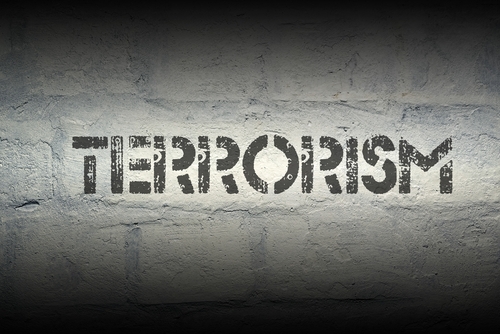 Auto Claims Trends: Frequency, Severity, Repair Costs, and Turnaround Times
Auto Claims Trends: Frequency, Severity, Repair Costs, and Turnaround TimesAlmost every day, the nightly news features a tragic story of a shooting, bombing, or attack somewhere in the world. The rise in violent events right here in the U.S. has been an ominous wake-up call for all of us. If you run a business, it’s one more thing to worry about. What happens if an attack happens at or near your business? Are you financially prepared for an extended disruption? Could you recover? Should you have terrorism insurance?
These are important risk management questions. Before you can answer them, it might be helpful to know a little about terrorism coverage.
Terrorism Insurance 101
Terrorism insurance is offered separately or as a special endorsement or rider to your standard commercial property policy. Your standard business policies do NOT cover losses due to terrorism. The Terrorism Risk Insurance Act (TRIA) was enacted by Congress in November 2002 to ensure adequate resources are available for businesses to recover and rebuild in the event of a terrorist attack. However, losses are only covered by terrorism insurance if the U.S. Department of the Treasury officially certifies an event as an act of terrorism. For that to happen, property and casualty losses, in the aggregate, must exceed $5 million.
What does terrorism insurance cover?
A commercial terrorism policy generally covers damaged or destroyed property such as buildings, equipment, and inventory. It may also cover business interruption losses and liability claims against your business associated with the attack.
What is NOT covered under commercial terrorism insurance?
Depending on your location, terrorism insurance may exclude coverage for fire following a terrorist attack. Nuclear, biological, chemical, and radiological (NBCR) attacks are also excluded.
So, does your business really need commercial terrorism coverage? That depends. There are several questions you need to ask yourself when deciding whether to purchase this coverage:
- What business are you in? Some industries have a higher risk for terrorist attacks, such as the energy sector.
- Where is your business located? Commercial urban centers, airports, train stations, federal buildings, and sports arenas have the highest risk of terrorist attacks.
- What will it cost? Premiums for terrorism coverage generally represent 3 to 5 percent of a company’s property insurance costs.
- Are other lines of coverage more appropriate? If the probability of your business being targeted by or involved in a terrorist attack is low, other lines of insurance may be more adequate for your specific risks. For example, cyber terrorism is a growing threat, but terrorism insurance is unlikely to cover a cyber attack. A separate cyber liability policy would cover you for that. Also, there are other threats that may be a bigger risk for your business, such as workplace violence, the second leading cause of occupational fatalities in the U.S. Terrorism insurance won’t cover you for that.
With terror threats evolving, is your risk management evolving too?
You wouldn’t think twice about protecting your building, equipment, and products with the right insurance. But you can no longer ignore today’s violent realities, and you need to take appropriate measures to protect your business from today’s threats.
Want to know for sure if your business needs commercial terrorism coverage? Call the business insurance experts at Heffernan Insurance Brokers today. We have solutions to keep your business safe from today’s evolving risks.



